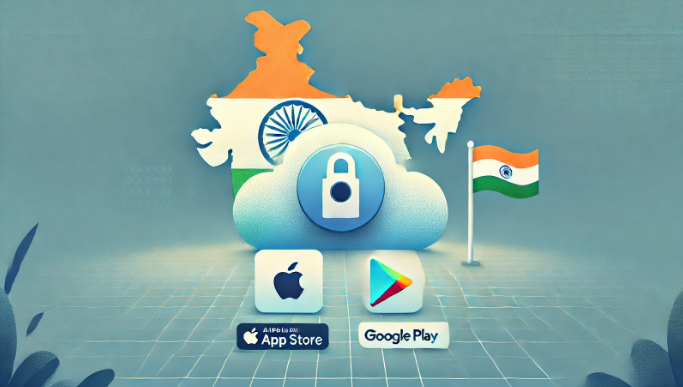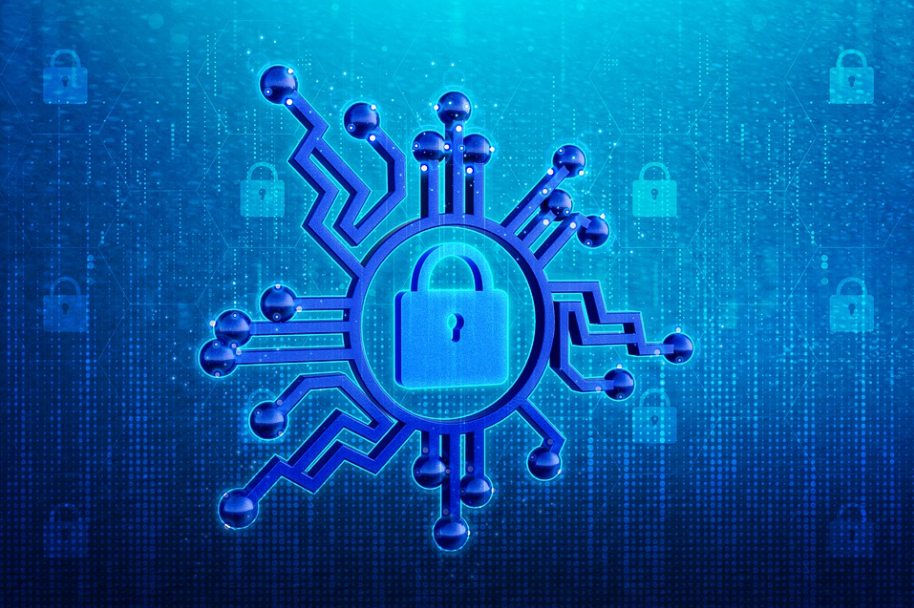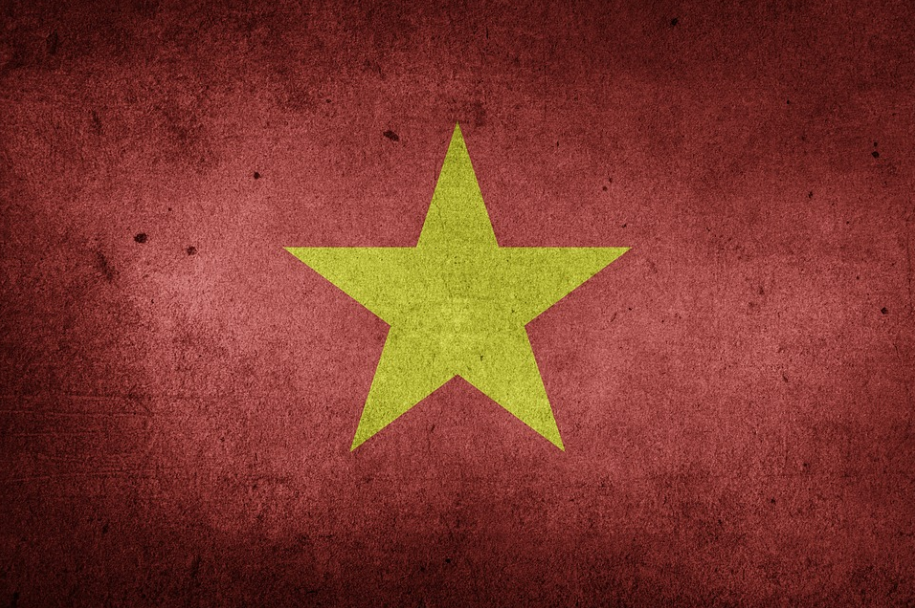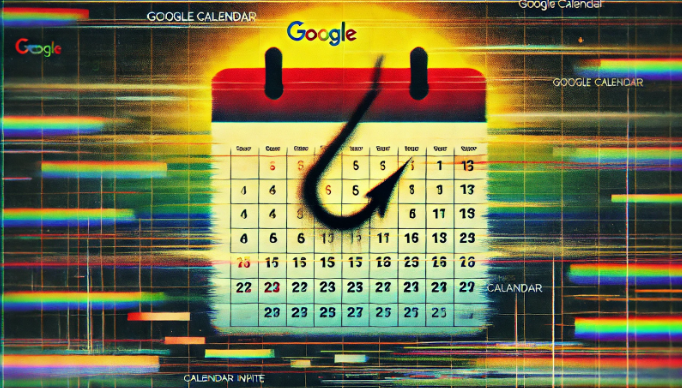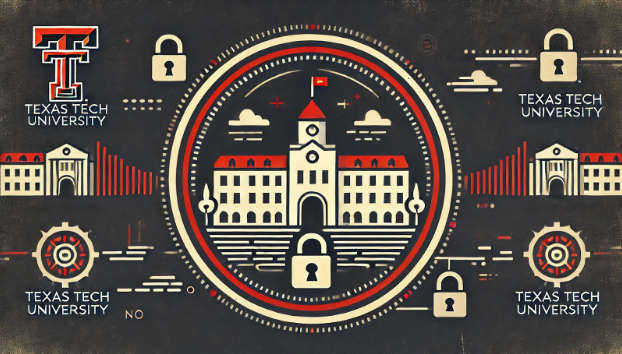India’s government, on account of its stringent data regulations, has ordered the removal of more than half a dozen VPN apps from Apple’s App Store and Google Play Store. Cloudflare’s widely used 1.1.1.1 app, along with Hide.me and PrivadoVPN, are among the affected services. The Indian Ministry
Latest News
A newly identified vulnerability, labeled “DoubleClickjacking” by security researcher Paulos Yibelo, exploits a timing-based double-click process to bypass clickjacking protections on prominent websites. DoubleClickjacking builds on traditional clickjacking, where users are tricked into clicking
Vietnam has enacted a new internet law (Decree No. 147/2024/ND-CP) that tightens restrictions on online content. Effective 25th December 2024, the legislation mandates swift content removal by tech companies and expands government oversight of digital platforms. The new law, passed earlier in
The Clop ransomware gang has claimed responsibility for a cyberattack that has compromised at least 66 companies by exploiting vulnerabilities in Cleo Software’s widely used file transfer tools. The gang revealed the partial names of the targeted organizations on its dark web portal, threatening to
Cybersecurity researchers have revealed that large language models (LLMs) can generate thousands of new variants of existing malware, which in turn helps the malware avoid detection. By obfuscating malicious JavaScript code, this AI-driven technique challenges traditional malware detection
The vpnMentor Research Team observed the demand for VPN services in Florida experience a significant spike on January the 1st. This increase followed the decision by Pornhub, the most visited adult website in the United States, to prohibit users from accessing their site from within the
Cybercriminals are exploiting Google Calendar and other Google services like Gmail, Forms, and Drawings in a large-scale phishing campaign, researchers from Check Point have reported. The campaign manipulates the trusted Google tools to bypass email security measures, allowing attackers to steal
Florida Governor Ron DeSantis has signed legislation that would require residents of the state to verify their age to access social media and adult content. The bill, effective January 1, 2025, aims to protect minors from harmful online influences and combat addictive technology. Pornhub and a
Russia’s internet regulator, Roskomnadzor, has blocked the Viber messaging app, citing violations of national legislation while accusing the platform of facilitating terrorism, extremism, and drug trafficking. Viber, a platform owned by Japanese company Rakuten, has over 17 million daily users
Texas Tech University Health Sciences Center (TTUHSC) and its El Paso division have suffered a massive data breach impacting the personal information of over 1.4 million patients. The cyberattack, which occurred between September 17 and September 29, 2024, disrupted the university’s computer
